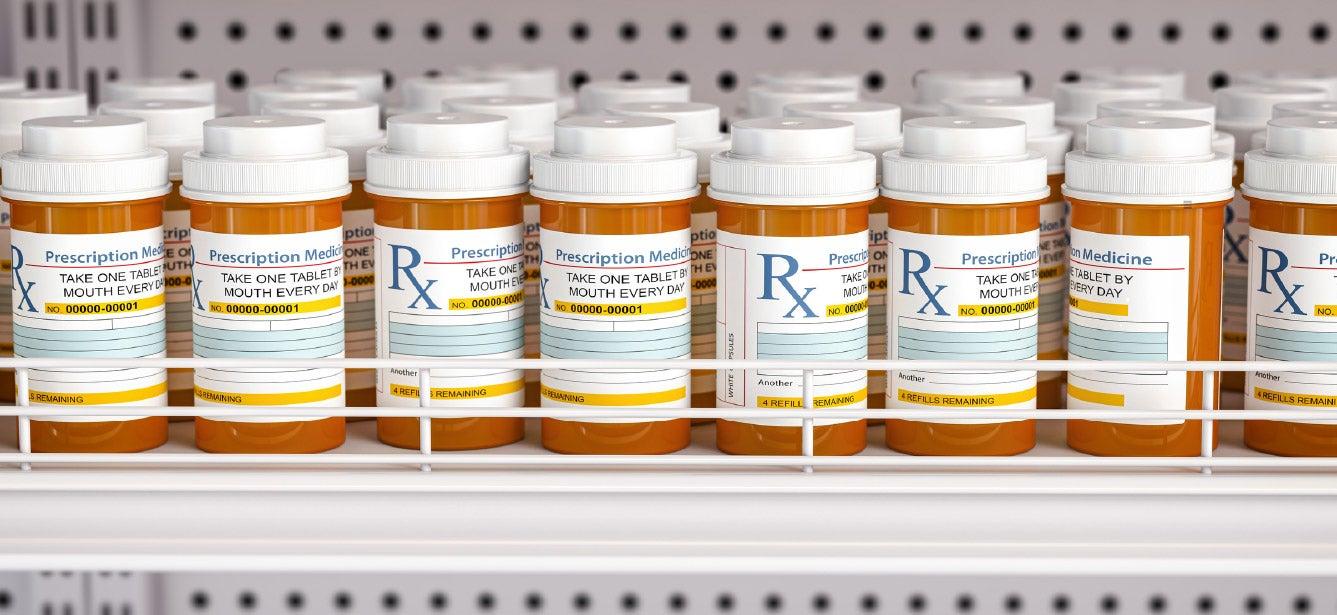
Related Topics
Medicare is a federal health insurance program covering a wide range of services that help keep us healthy and aging well. For most people, Medicare eligibility begins shortly before turning 65. As that time approaches, however, the decisions we’re asked to make about coverage can feel overwhelming. That includes whether or not to choose a prescription drug plan.
Unlike Original Medicare (Parts A and B), which is mandatory, Part D prescription coverage is optional. And to add a slight twist, it’s also possible to enroll in a privately offered Part C (Medicare Advantage) plan instead of Original Medicare. These Part C plans include the same mandatory benefits provided by Parts A and B and usually include drug coverage, too.
Which prescription drug plan is right for you? This guide covers all the information you need to make an informed decision about signing up for Medicare Part D.
Do I need Medicare Part D?
Probably. Medicare Part D helps pay for prescription medications and protects you from high drug costs today and in the future. Because most of us will need to take one or more prescription drugs at some point during our lives, having a plan that covers them usually makes a lot of sense. This coverage, offered through Original Medicare or Medicare Advantage, supports both our health and well-being and our financial stability, especially when living on a fixed income.
Many states offer low-cost Part D plans that provide a crucial safety net if your health changes in the future and your medication needs change with it. Therefore, postponing enrollment when you become eligible for Part D can create a lifelong financial penalty and hardship.
Can I delay enrollment in Part D and keep my current drug coverage?
If you’re age 65 or over and still working—and you’re covered by a prescription drug plan provided by your employer—you can keep that plan and put off signing up for Part D without penalty. This is true until you retire or lose coverage for another reason.
But there’s a catch. Your employer’s prescription drug plan must provide “creditable coverage.” This means the benefits are “as good as or better than” what Medicare Part D offers. That’s why it’s important to check with your employer to see if you’re eligible to delay enrollment in a Part D plan. If you are, be sure to ask for an official letter from the insurance company that confirms “creditable coverage.”
If you receive prescription drug benefits through your spouse or the Veterans Administration, you also may delay enrollment in Medicare Part D—as long as that coverage is creditable.
For more information on delaying Part D enrollment, check out our “65 and Still Working” guide.
Can I enroll in Part C / Medicare Advantage instead of Part D to get drug coverage?
Medicare Advantage (Part C) plans are available through private insurers who contract with Medicare. Medicare requires these Advantage plans to cover all the same benefits as Medicare Parts A and B; some Advantage plans also include prescription drug coverage.
If you sign up for a Part C plan that covers prescription medications, you do not have to enroll in Part D.
Where can I get help understanding Part D plans and costs?
If you or an older adult you know needs help choosing a Part D plan—or getting extra help with prescription drug costs—try these resources:
- BenefitsCheckUp® is a free online tool where you can browse benefits programs to help youpay for health care and other costs, including prescription drugs.
- Your local State Health Insurance Assistance Program (SHIP) is federally funded to provide free, unbiased assistance to people with Medicare and their families. To find your SHIP, call toll-free 877-839-2675 or visit the SHIP website.
- NCOA has partnered with licensed Medicare advisers who meet our Medicare Standards of Excellence. Each one has completed a robust training and certification process, ensuring they can provide reliable, in-depth Medicare advice and support. Talking to these brokers is absolutely free. Learn more.


